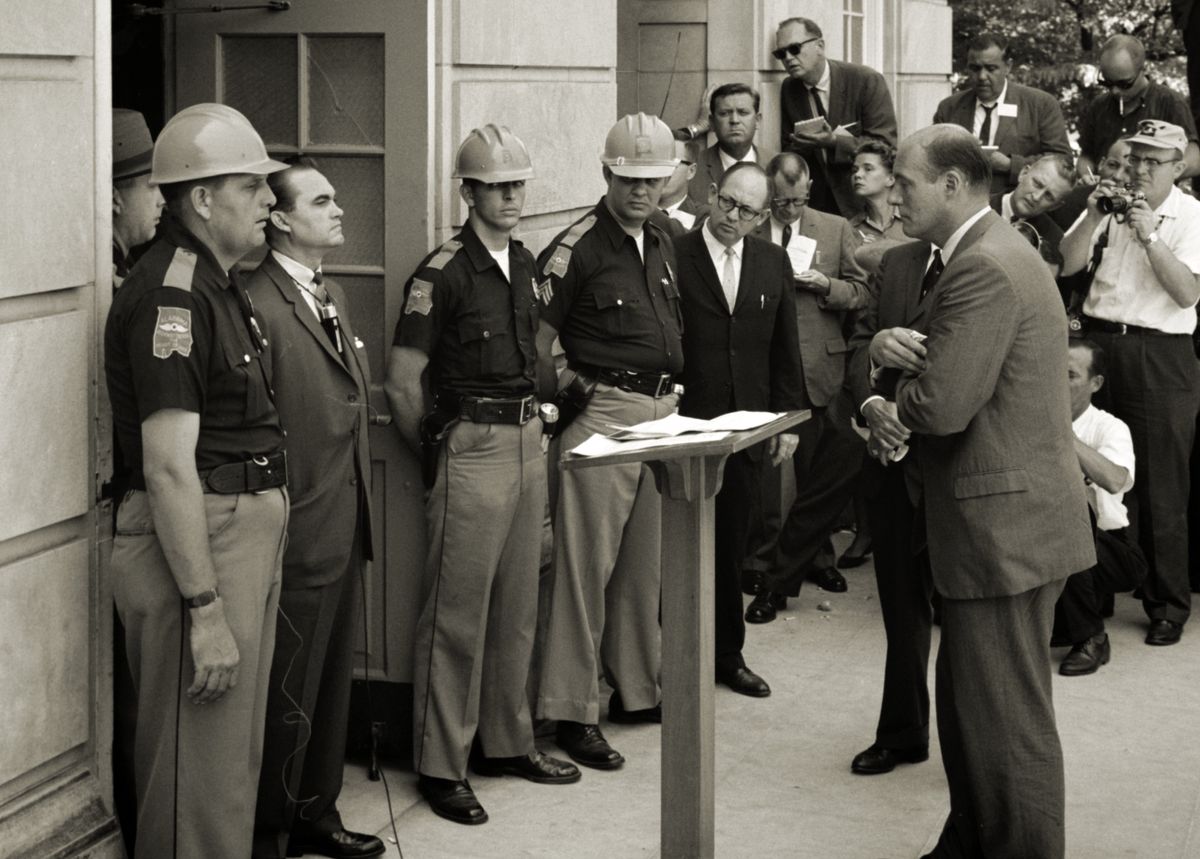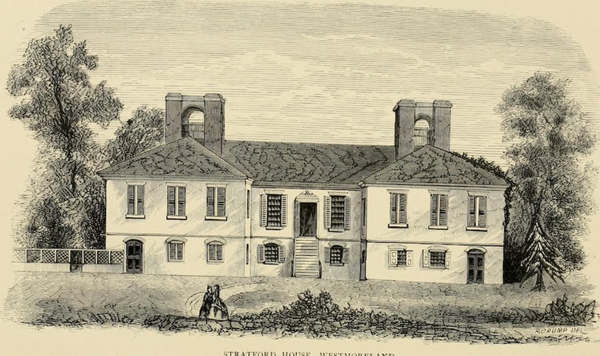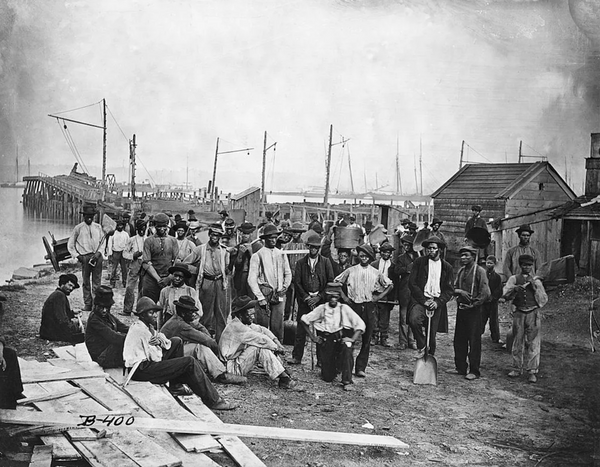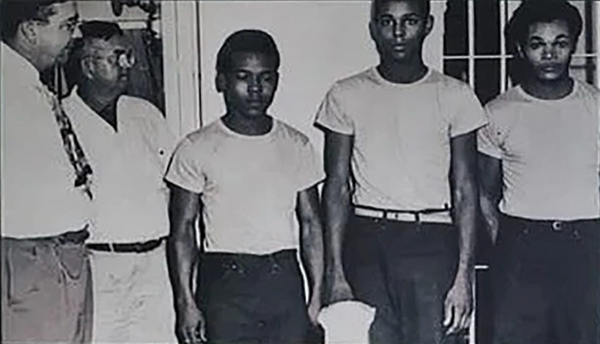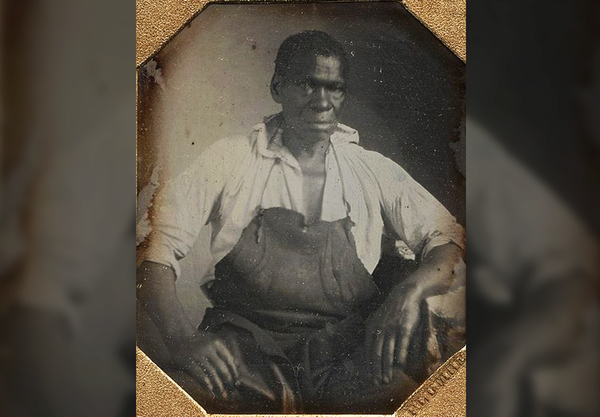I’m old enough to remember the days when Democrats still thought our presidential candidates could win in the South.
When I was working for Mike Dukakis in 1988, I vividly remember the image of George Wallace sitting in a wheelchair endorsing my candidate for president. It seemed so incongruous to see the former governor who once proclaimed, “Segregation now, segregation tomorrow, segregation forever” endorsing the ethnic northeastern liberal Dukakis, but they were both Democrats so that’s how things were.
Back when I was in college, the electoral voting bloc of southern states was still referred to as the “Solid South.” I remember back then a friend of my sister’s asked me why the South was so Democratic. “Republicans were the party of emancipation,” I answered, to which she responded, “I knew it had something to do with race.”
As indeed it did. Race, of course, is our nation’s “original sin,” as theologian Jim Wallis labeled it. We are not the only country to institutionalize racism. Indeed, the “in-group/out-group” fears that can lead to racism are hard-wired into us as humans.
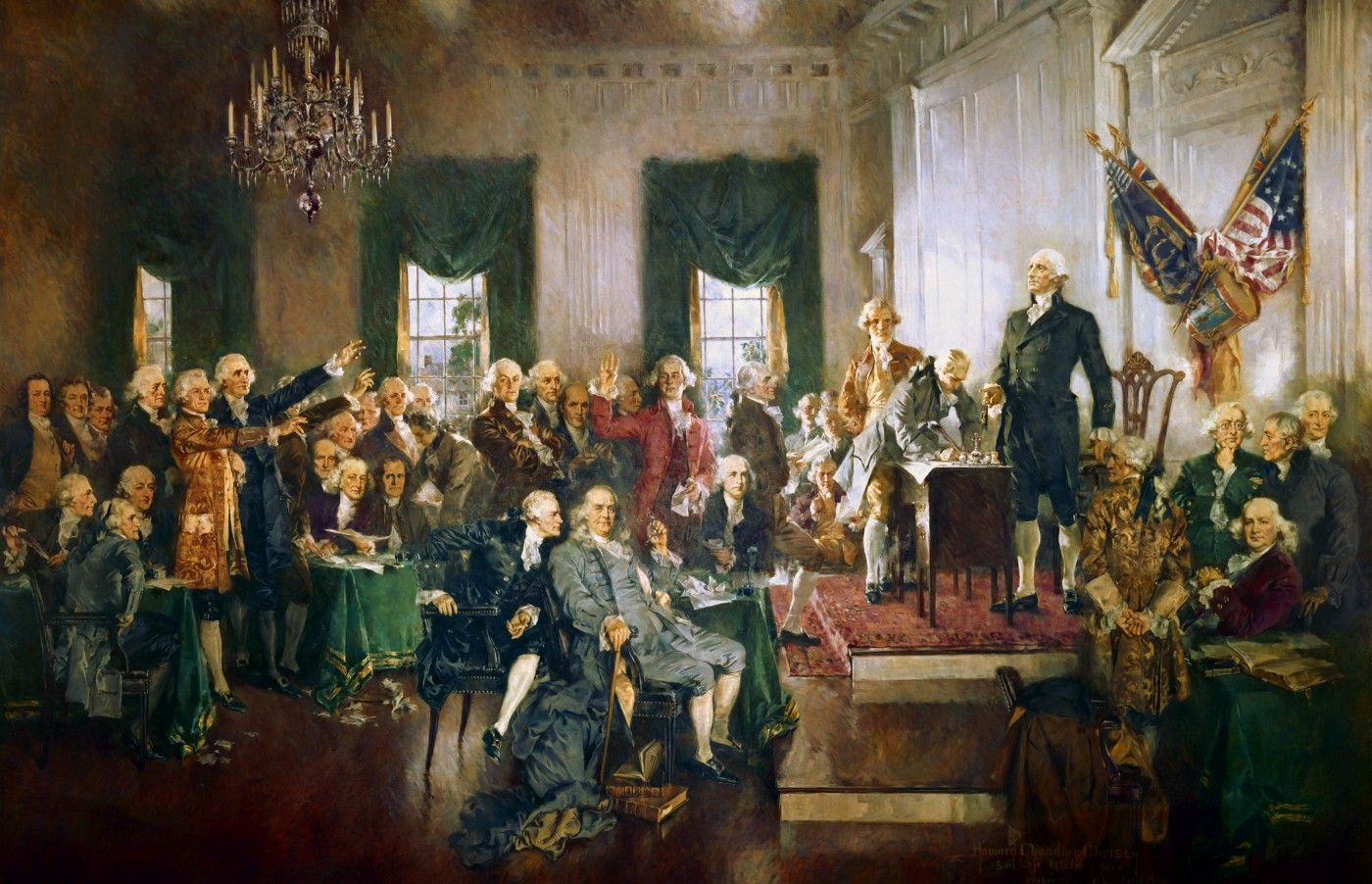
But it is ironic that such an enlightened document as our Constitution, drafted to ensure that “all men are created equal,” would include a provision treating “all other Persons” as three-fifths of a free Person. Those “other Persons” were the millions of African Americans enslaved through much of our country.
We northerners, especially those like me whose ancestors fought for the Union army, love to look down on those southern racists. That’s what my sister’s friend was referring to when she asked me about the Solid South back in the 1980s.
Last year’s Academy Award-winning movie Green Book perpetuated a myth that northern racism was more palatable than the southern variety. The heroes of the movie were subjected to horrific racism when they were in the South, only to be treated decently by a police officer once they made it to New Jersey. We all know, however, that an African American is just as likely to be mistreated by a northern police officer as a southern one.
Nevertheless, there was something different about racism in the American South than in the North. After all, it was the South that fought the Civil War to protect their right to enslave Black people — don’t believe the arguments to the contrary. When southern apologists claim the Civil War was to protect “state’s rights,” the state’s right they were seeking to protect was the right to own slaves.
When the North defeated the South in the Civil War, an occupying army was sent south as part of its reconstruction. Certainly, had Lincoln not been assassinated, the treatment of the South would have been less venomous. As former Southern General Joe Johnston said: “Mr. Lincoln was the best friend we had. His death is the worst thing that could happen for the south.”
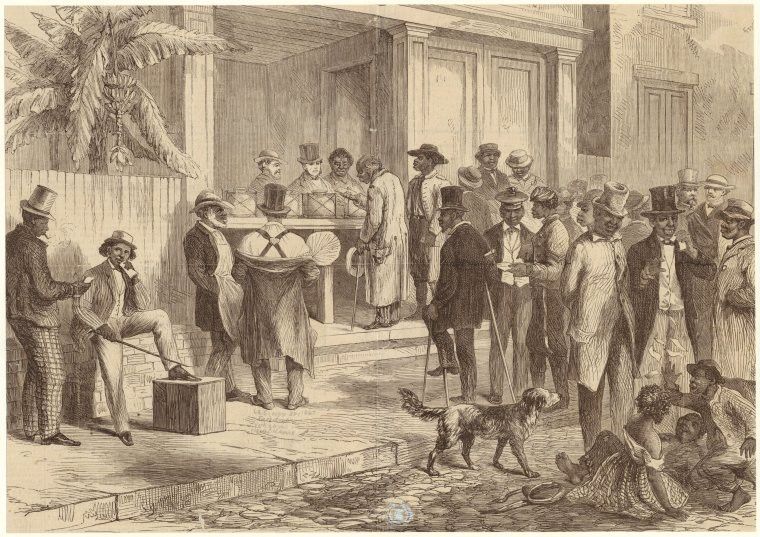
Facing the mouth of Union guns, southerners were forced to accept northerners and People of Color as their newly elected officials. That, by the way, is where the term “carpetbagger” comes from. The northerners who came south to take offices carried their possessions in carpet bags.
Whether the intentions were right or not, forcing people to accept a regime against their will is never welcome. Just ask the people of Iraq or Afghanistan how that American democracy is working for them. Arguably, the effort was succeeding nevertheless. The KKK was pretty much destroyed by the occupying forces. Where things went bad is when the North abandoned the effort.
As so often happens, we grew tired of nation-building. The cost of rebuilding the South both in treasure and in manpower was high. The North wanted to forget about the Civil War and disband its military. So after about ten years, Reconstruction ended and the troops were brought home.
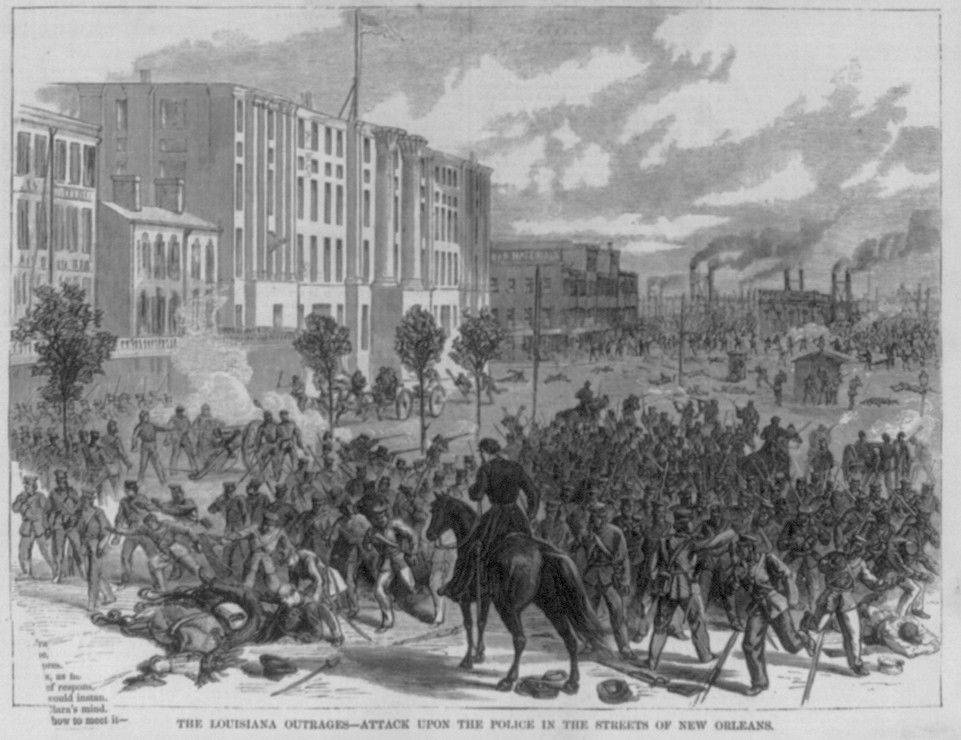
The abandonment of Reconstruction was a double-edged sword. On the one hand, Federal troops were no longer in the South to protect African Americans. On the other hand, funds to redevelop the decimated South also stopped. The result was that the former elite came back into power, displacing the government that had been supported by the federal troops, and they were mad.
As a consequence, a hundred years of Jim Crow laws in the South followed, laws that sought to reinstate the white-dominated culture from before the Civil War, maintaining power through violence and intimidation.
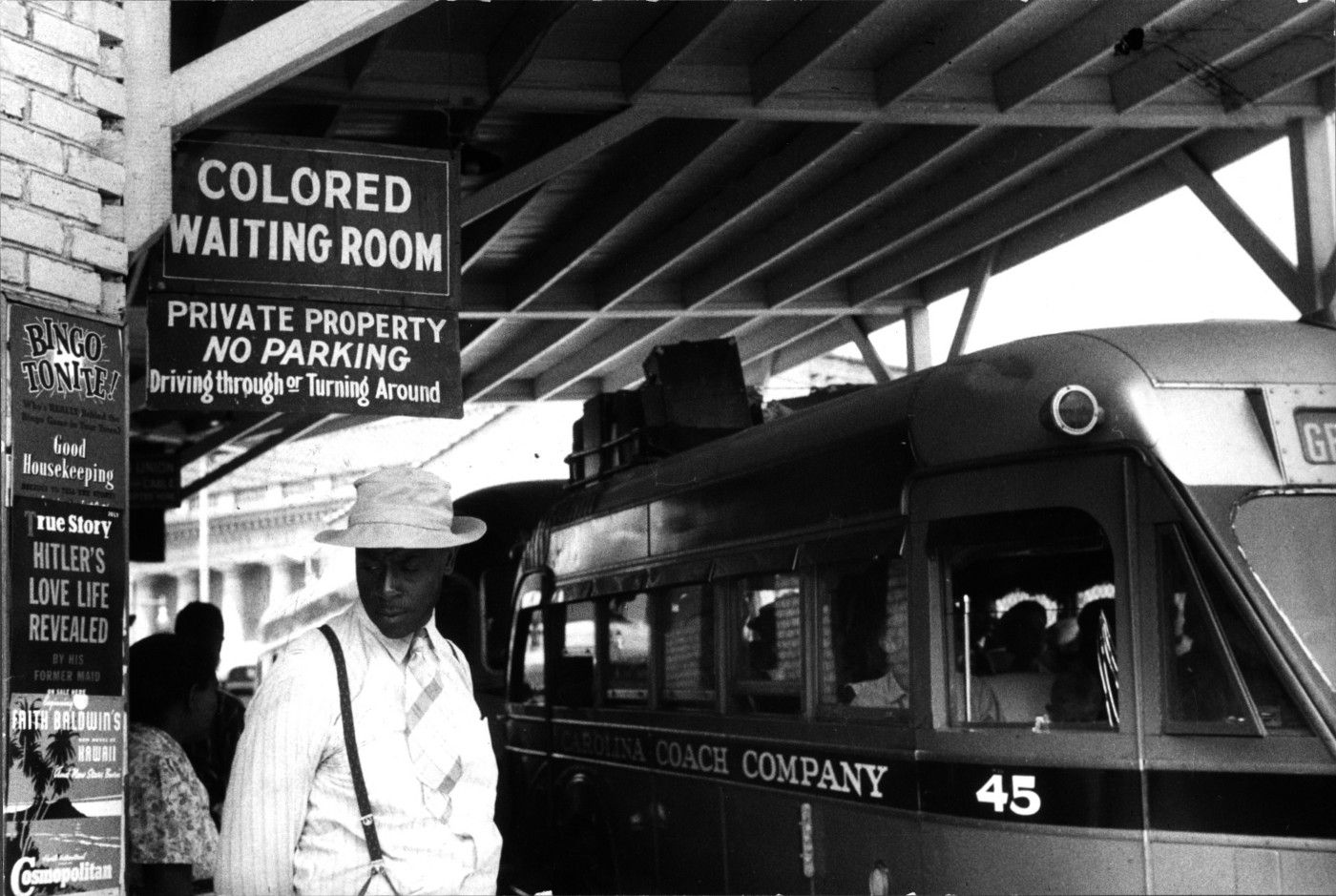
The point of this post is not to demonize the South nor is it to provide a thorough history of racism in America. Books have been written on that subject. What I do intend to point out is that this region was unified by its experience, for better or for worse, in a way the rest of the country was not. This would lead to the South becoming a political prize to be won by one party or the other. The motivation behind this regional and political alignment was a sense of resentment the inhabitants of the region held for having been forced to accept a racial order that stymied its white power structure. Whichever party nursed that sense of resentment would win the region’s votes.
Given the way our winner-take-all system operates through our electoral college, developing a strategy to win without that southern block has been a continuing challenge for the disfavored party. The Republicans countered that challenge through their association with the nation’s powerful moneyed interests. Yes, we rightfully lionize Abraham Lincoln. But remember, he was a big supporter of the railroads, the big business interests of the day.
For the Democrats, the Solid South was finally a thing of the past in 2010. In that election, the Republicans wiped out the remnants of the old southern Democratic establishment.
In the 1950s, while Eisenhower was winning the Presidency, the Democrats still won the South. But by 1960, the cracks in that establishment were starting to show. Although Kennedy won the South overall, three southern states voted for a segregationist Dixiecrat ticket. It was becoming clear to southerners that northern liberals like Kennedy could no longer be counted on to protect their “special privileges.”
But that’s why southerners were so enthusiastic about Lyndon Johnson. They thought he was one of them. Imagine their surprise when he used his legislative skills to push through the Civil Rights Act of 1964 and the Voting Rights Act of 1965, two pieces of legislation that, combined with the Supreme Court’s 1954 decision in Brown v. Board of Education, were the death knell of Jim Crow.
Modern apologists for racism like to point out that both Lincoln and Johnson were late to their commitment to civil rights, and indeed they have a point. Both of them were complicated figures, and it is not by accident that more histories have been written about these two presidents than about any others. But ultimately, their legacies include some measure of forcing the South to accept a new racial order. The South would never forgive either of them or their parties.
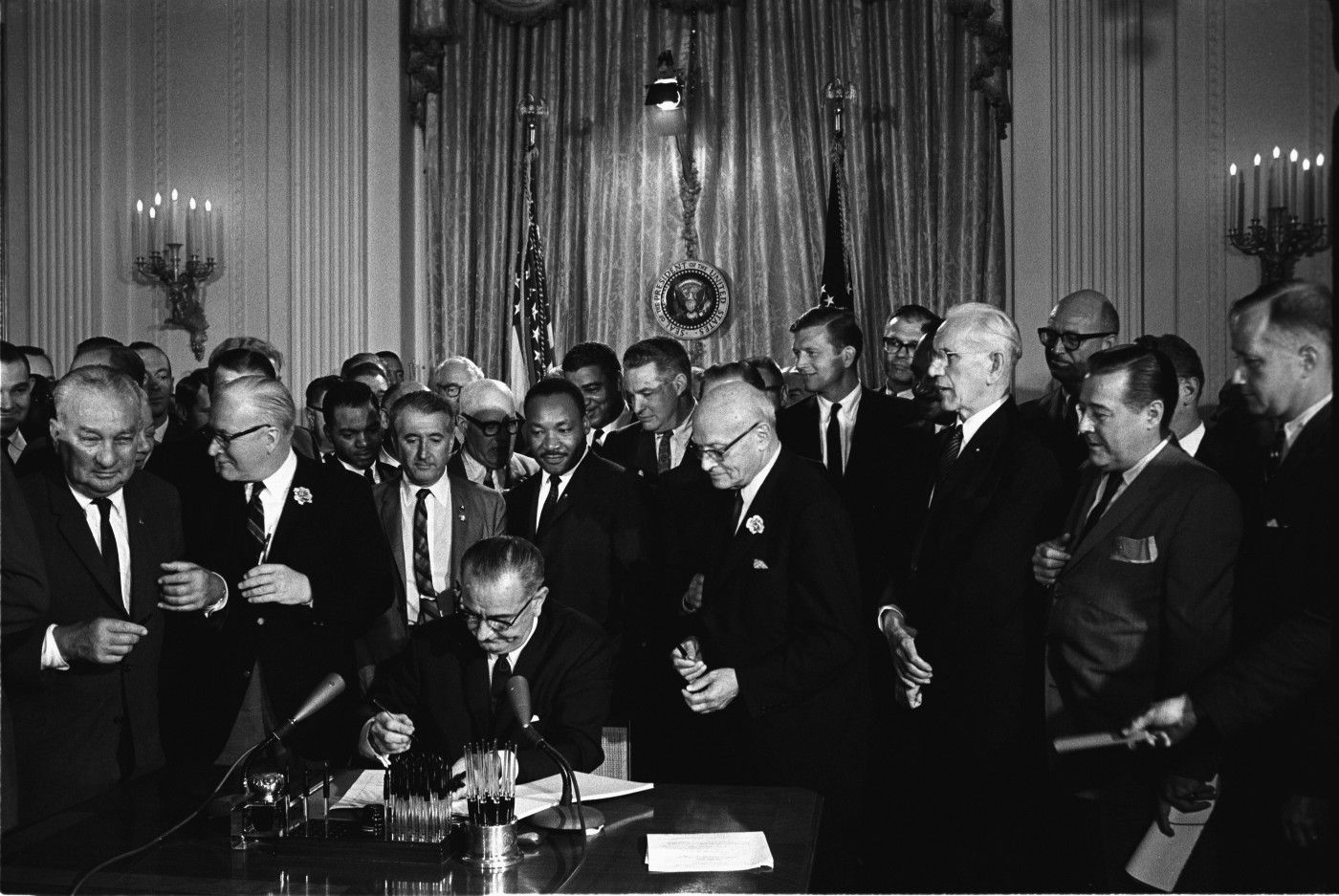
In 1968, Richard Nixon, who had suffered a razor-close defeat by Kennedy in 1960, in part due to his loss of the Southern states, saw an opportunity. With Johnson’s legislative efforts at addressing racism, he could win over the southerners with language that seemed unbiased, but was in fact code for racism. When he talked about “crime” or a “war on drugs,” the context was the protection of white privilege at the expense of people of color. Southerners loved it and moved to the Republican column forevermore.
For years, Democrats refused to acknowledge this reality. Southerner Jimmy Carter lost the South to Californian Ronald Reagan in 1980. Reagan, of course, embraced the Nixonian Southern strategy. In 1992, southerners Bill Clinton and Al Gore lost much of the South to patrician Mainer George H.W. Bush, just as they did in 1996 to Kansan Bob Dole. Indeed, part of the reason Democrats nominated Clinton and Gore was that they thought they needed the Solid South to win the Presidency. In truth though, the Democrats had lost any hope of winning the South long ago.
I remember back then arguing with a Democratic friend of mine from Alabama. He insisted the Democrats could win back the South. I argued that we needed to write it off and look West. My words then seem prescient.
The problem the Democrats had was that in place of their old-fashioned Southern strategy, they had to redefine themselves. They did not have the Republicans’ advantage with the moneyed classes, and they found that Nixon’s racial rhetoric also appealed to a part of their coalition: working-class whites in northern industrial states.
It’s not by accident that Barack Obama was the first Democrat to twice win more than 50% of the popular vote and the electoral college since Franklin Delano Roosevelt. He was able to piece together a new coalition in a changing country. As America becomes more diverse, there was an opening for a black man to excite minority voters while also appealing to Americans becoming more comfortable with difference. That appears to be the coalition that can finally win for Democrats without the Solid South.
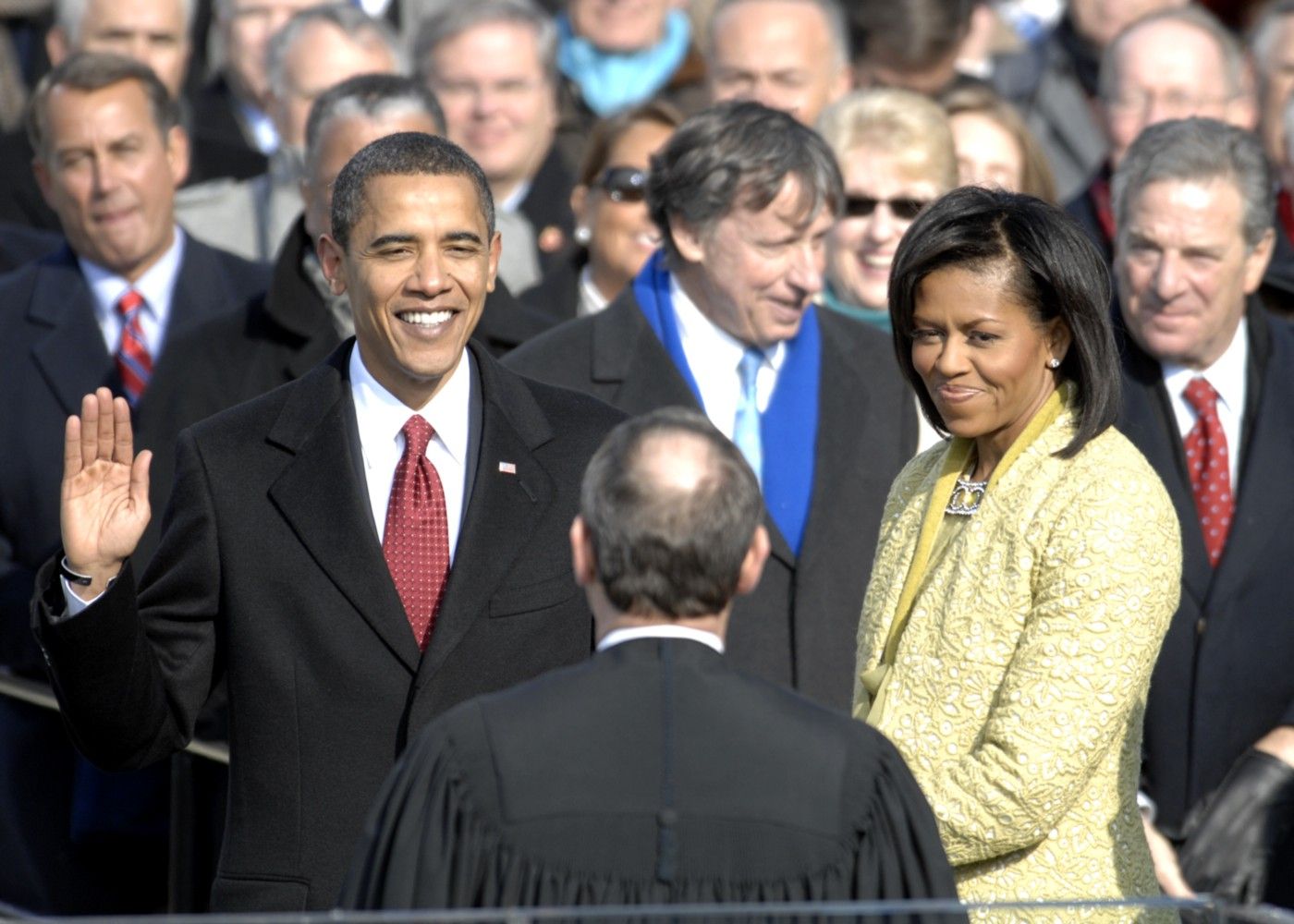
We may feel exasperated with the state of political discourse today, particularly as it relates to race. But two things to bear in mind is that America continues to become less and less white, and young people are more and more accepting of people different from them. Hopefully, the racial animus of our current political discourse is the last vestige of America’s original sin. But like it or not, the rhetoric of our forty-fifth president has a long history in our country.


